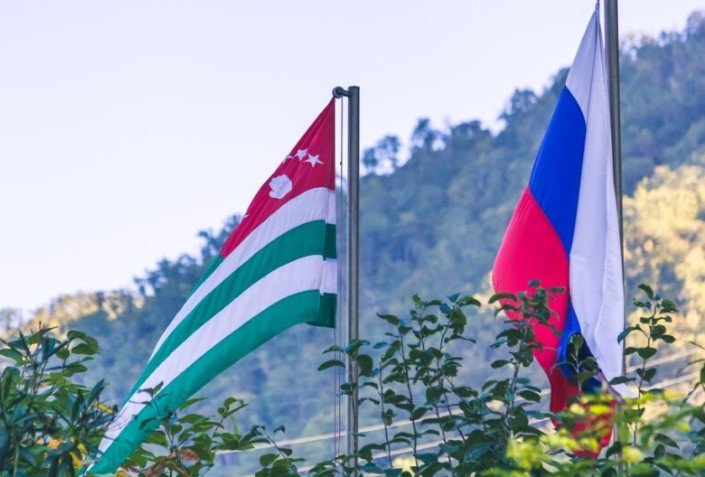Recent monitoring by the Rondeli Foundation has shed light on the narratives surrounding Georgia as portrayed by Russian pro-government media. This analysis focuses on the coverage from major federal channels and online platforms, revealing a consistent theme of U.S. interference and the framing of internal political dynamics.
U.S. Interference: A Central Narrative
One of the most prominent narratives in Russian media is the assertion that the United States is meddling in Georgia’s internal affairs.
- Key Claims:
- Georgia is depicted as a nation struggling for independence but ultimately succumbing to the influence of larger powers, particularly the U.S. and EU.
- Russian outlets allege that the U.S. aims to manipulate the upcoming October 26 elections to establish a government aligned with its interests.
This narrative is often supported by statements from the Russian Foreign Intelligence Service and echoed by officials like Dmitry Peskov, the Press Secretary of the Russian President. The media frequently cites claims of U.S. funding for NGOs in Georgia, suggesting that these organizations serve as instruments of American influence.

The “Second Front” Concept
Another significant theme is the idea of a “second front” in Georgia, which has been used to justify the government’s Law on Transparency of Foreign Influence.
- Media Coverage:
- Georgian authorities have warned that Western powers might open a “second front” against Russia through Georgia.
- Russian media has amplified this narrative, suggesting that if the opposition wins the elections, it will quickly lead to the establishment of this front.
This framing serves to position the Georgian Dream party as a protector of national sovereignty, contrasting it with the opposition, which is portrayed as a potential threat to peace and stability.
Public Sentiment and Political Allegiances
Russian pro-government media attempts to create a dichotomy between the “overwhelming majority” of Georgian citizens who support the ruling party and a small, “paid” minority advocating for European integration.
- Public Perception:
- The media suggests that most Georgians welcome laws that align with traditional values and sovereignty, such as the Law on Transparency of Foreign Influence.
- Protests and opposition movements are often depicted as being funded by foreign interests, with the media frequently interviewing select Georgian experts to reinforce this narrative.
However, the portrayal of certain political figures, particularly President Salome Zurabishvili and former President Mikheil Saakashvili, is overwhelmingly negative. Zurabishvili is labeled a “Western agent,” while Saakashvili is characterized as an “American appointee,” with sensationalized accounts of his mental health and past actions.
The Conflict Narrative
The overarching narrative in Russian media frames the situation in Georgia as a struggle between Western forces and patriotic citizens.
- Key Themes:
- The portrayal of Georgian volunteers fighting in Ukraine is often linked to accusations of American funding and support for Saakashvili.
- Russian media emphasizes that the majority of Georgians are sensible and understand the risks of joining the conflict, positioning them against the minority who support the West.
This narrative aims to solidify the image of the Georgian Dream party as the legitimate representative of the people’s interests, while simultaneously discrediting opposition voices as foreign-influenced and unpatriotic.
Conclusion: A Complex Media Landscape
The narratives propagated by Russian pro-government media about Georgia reflect a strategic effort to influence public perception and political discourse. By framing the U.S. as a meddler and portraying the Georgian Dream party as a defender of national interests, these media outlets seek to shape the narrative around the upcoming elections and the broader geopolitical context. As the situation evolves, the impact of these narratives on public opinion and political dynamics in Georgia will be crucial to monitor.
